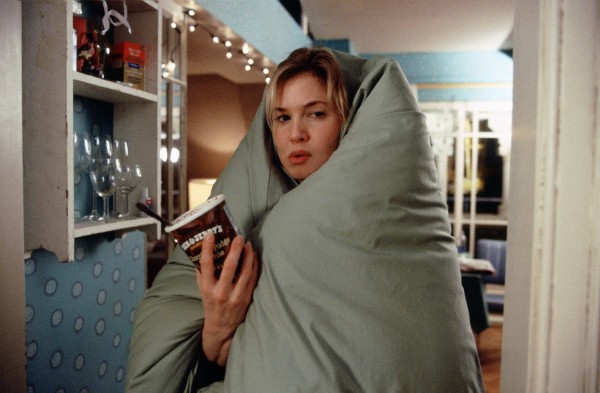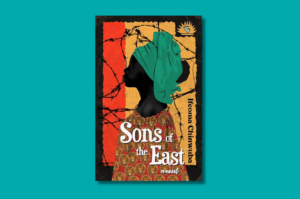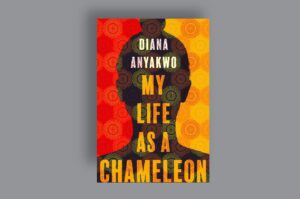During a conversation about strong female characters, Zadie Smith tells Chimamanda Adichie a story about her mother’s reaction to Bridget Jones Diary.
Somebody once very unwisely gave my mom a copy of Bridget Jones Diary in the mid-90s, a book I find very funny and sweet but for my mother it might as well have been written in Swahili…her question was: what is wrong with this woman? What is her issue exactly?
Bridget Jones Diary has become a classic. It’s seen as an example of quirky modern love, adorned with bitting irony. The main thread of the story— a single woman in her 30s anxious about finding Mr. Right—has universal appeal.
But Smith’s mother’s refusal to lose herself in the character’s self-deprecating humor is interesting because it shows a dimension of the character often ignored—the fact that Bridget Jones is a somewhat tragic specimen of femininity.
I like Helen Fielding’s hit series. I’ve read all three books and seen both movies several times. And, to be honest, there was a time when Bridget’s philosophy of snark and cynicism was the background music to my transition into the big three zero.
But I was recently put off when I watched the scene from the second movie where Bridget has just broken up with Darcy. She calls him a few moments later begging him on the phone to take her back, repeating over and over in the most humiliating voice: “Please don’t chuck me.” It was then that I began to really wonder what idea of femininity Bridget is supposed to represent.
Bridget Jones has a college degree but seems quite content to work as a PR assistant in a struggling publishing firm. Well, maybe I’m also slightly peeved that she never did finish reading her copy of Ben Okri’s The Famished Road. But Bridget is, all in all, not a very bright woman. She has zero ambition and can do virtually nothing without the help of the men in her life.
Add to this her chronic self-esteem issues and the fact that her coping mechanism is drowning herself in cheese, cigarettes, alcohol, cringe-worthy self-help books, and bad advice from three friends who live three different kinds of broken existences.
There isn’t an image more tragic than that of Bridget trying to find a man. The lack of romantic intelligence is painful to watch. Bridget’s awkwardness is cute at times, but there are moments when it begins to slip into plain stupidity. So much of the story is about Bridget waiting for a call from a man she’s just slept with or leaving hundred of messages for a man she’s just broken up with. No strategy, no sense of how sexual politics works. In general, Bridget is so wracked by anxiety over weight gain and fear of cellulites that she forgets how to love her body and make others love it too.
I understand the ironies in the character and the fact that Fielding has purposely caricatured her image, but it is precisely the irony that would be lost on someone who is used to different kind of stories about the lives of women.










COMMENTS -
Reader Interactions